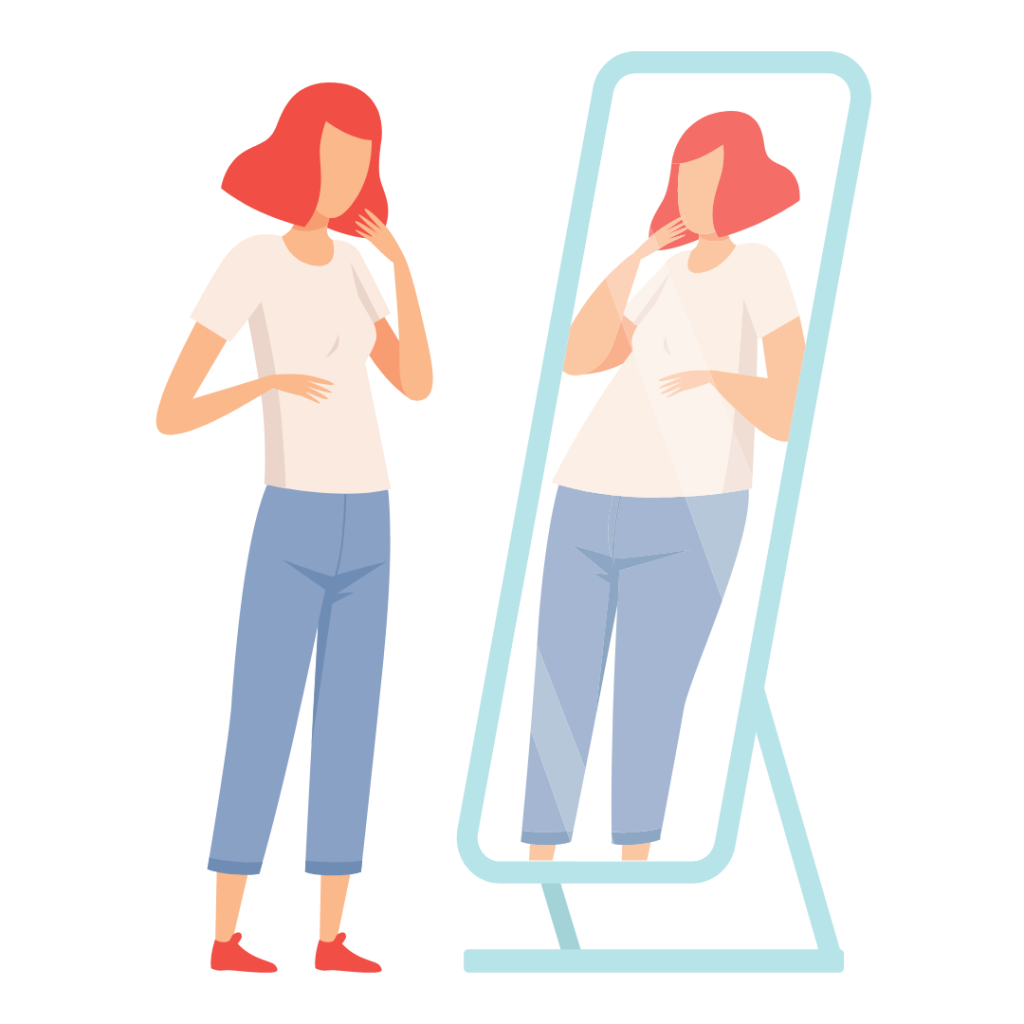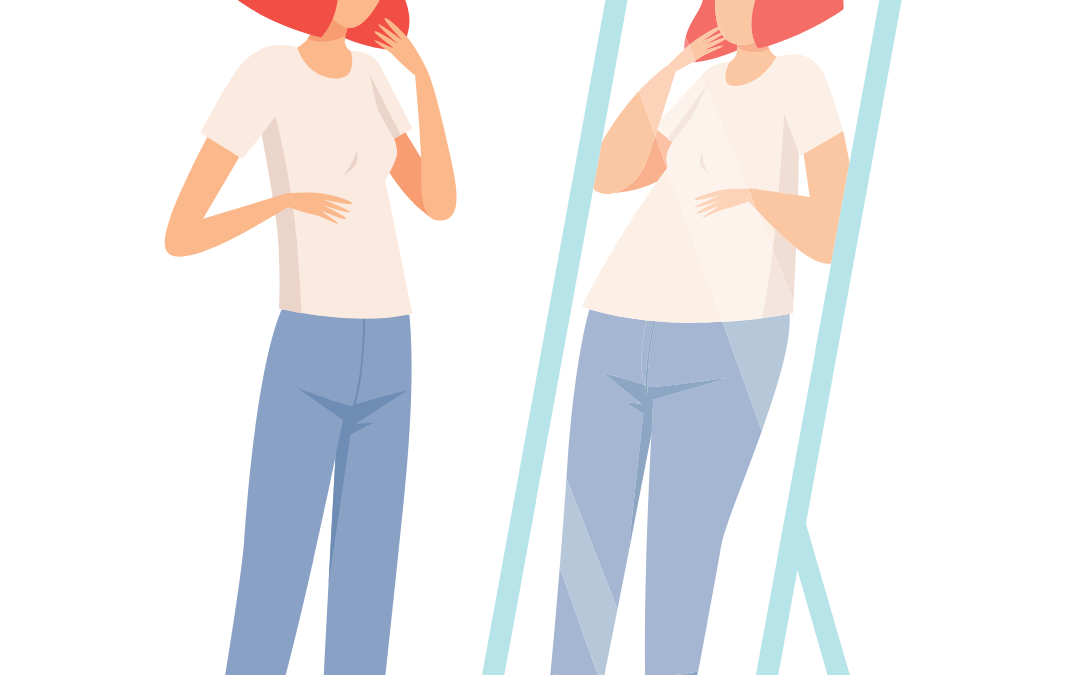
Do you accept yourself?
To answer this question, we can start with self-acceptance.
Self-acceptance is a condition and positive attitude of the individual in the form of self-respect, by accepting all the advantages and disadvantages, knowing his abilities and weaknesses, not blaming himself or others, and trying his best to change for the better.
Self-acceptance means that you embrace your entire being. That includes your flaws as well as your successes. It means that you are at peace with both your failures and your accomplishments. When you accept yourself fully, you recognize that you’re a multifaceted human being.
As humans, we certainly have strengths and weaknesses, for which we should be grateful. Everyone has that you are not alone by accepting yourself means accepting what God has given you. The shortcomings you have could be something extraordinary that God has given you.
Why is self-acceptance important?
Practicing self-acceptance helps you become aware of your good and bad qualities and relieves feelings of guilt and unhappiness. When we begin to accept who we are, we prepare ourselves for improvement.
Self-acceptance can help you become a better person by being grateful for what you have, both advantages and disadvantages.
How to start self-acceptance
Self-acceptance is crucial to your mental and emotional health. It’s essential to learn to love yourself and the things that make you unique.
Here’s how to practice self-acceptance:
Embrace what makes you unique
Let go of the things you can’t change
Identify your strengths
set goals
Think positive
What you lack is not a bad thing. You can turn your weaknesses into strengths through self-acceptance. It’s your turn, and we challenge you to do the same!
Writer : Yoga Indrawan
Source image : canva.com
References :
How To Create Self-Acceptance (And Why You Should)

